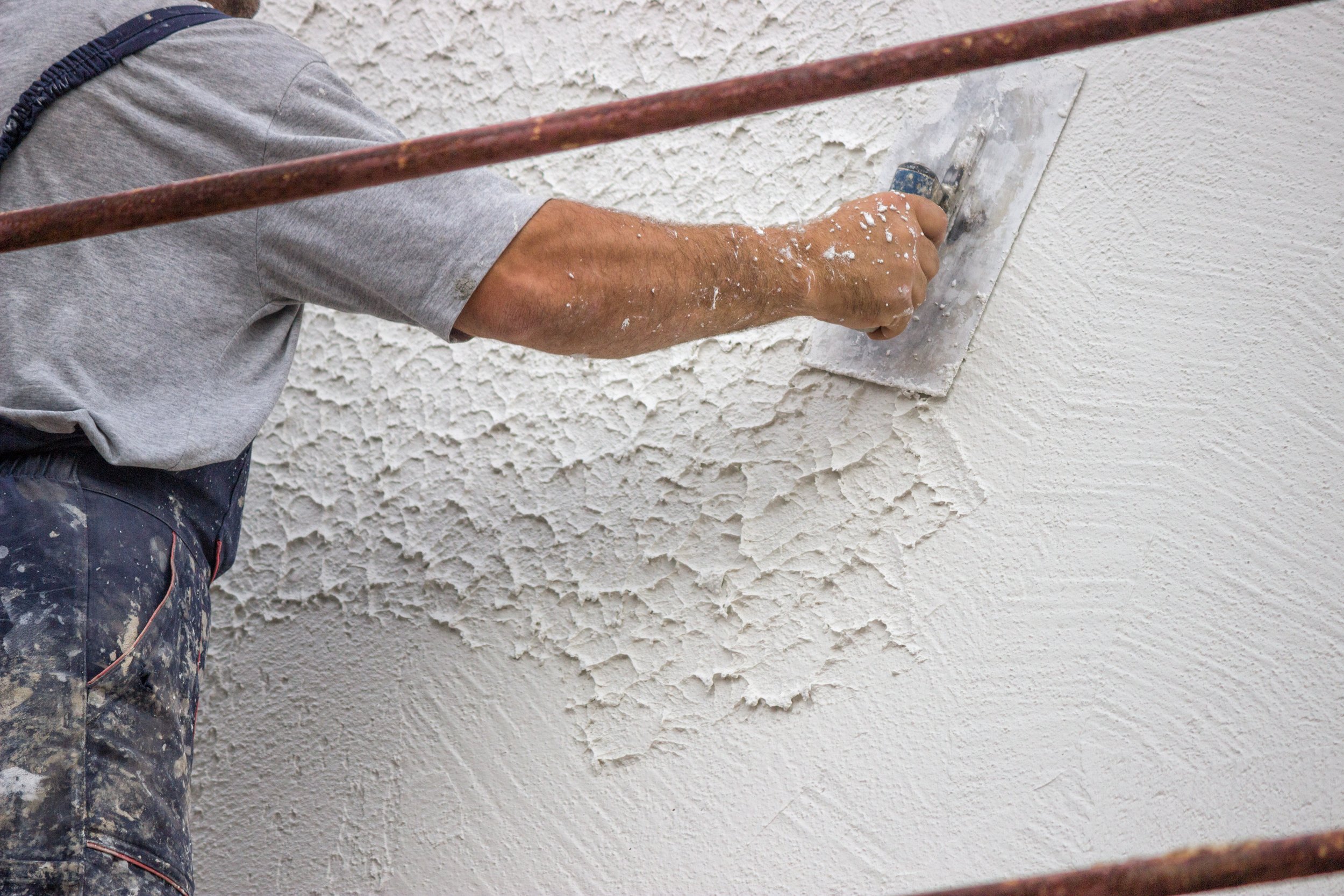
DECORATIVE FINISHES
Commercial business decorative finishes refer to specialized coatings and artistic techniques applied to interior and exterior surfaces within commercial spaces to enhance aesthetics, create a specific ambiance, and reflect the brand identity of a business.
Consultation and Design Collaboration:
The process often begins with a consultation to understand the client's vision, brand identity, and the desired atmosphere for the commercial space.
Surface Evaluation:
Our professionals assess the existing surfaces to determine the suitability for decorative finishes. They consider factors such as the type of material, texture, and condition of the surfaces.
Material and Finish Selection:
Collaborating with the client, our professionals help choose appropriate materials and finishes. This may include various types of paints, coatings, wallpapers, murals, textures, and decorative elements like stencils or decals.
Customization and Brand Integration:
Commercial business decorative finishes are often customized to align with the brand image and identity of the business. This can involve incorporating specific colors, logos, or thematic elements that reflect the business's values and style.
Artistic Techniques:
Decorative finishes encompass a range of artistic techniques, including faux finishes, textured painting, stenciling, murals, and other creative applications. Skilled artisans may use techniques like rag rolling, sponging, glazing, or marbling to achieve unique and visually appealing results.
Faux Finishes:
Faux finishes replicate the appearance of natural materials, such as wood, stone, or marble, using paint and other decorative materials. This technique adds a luxurious and sophisticated touch to commercial spaces.
Specialized Coatings:
Decorative coatings, including metallic finishes, reflective paints, or specialized textures, are applied to surfaces to create depth, dimension, and visual interest. These coatings can be tailored to specific design objectives.
Surface Preparation:
Before applying decorative finishes, surfaces are properly prepared. This includes cleaning, repairing any imperfections, and ensuring a smooth base for the application of decorative elements.
Project Management:
Commercial business decorative finishes involve project management to ensure that the work is completed efficiently and within the agreed-upon timeline. This includes coordination of materials, scheduling, and overseeing the application process.
Quality Control and Inspection:
Throughout the application process, quality control measures are implemented to ensure that the decorative finishes meet the desired standards. Inspections may be carried out to address any imperfections or inconsistencies.
Documentation and Client Approval:
Documentation of the decorative finishes, including materials used and design specifications, is provided to the client. The final result is presented for client approval, and any necessary touch-ups or adjustments are made to ensure satisfaction.

